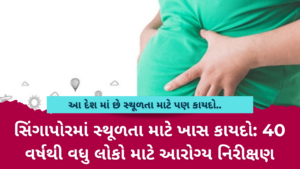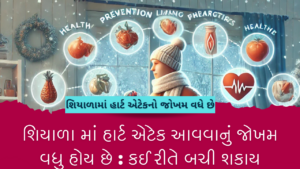• No effective vaccine currently exists for malaria.
• Only 6 countries in the world, currently have a “malaria free” certification.
• Some people don’t get any symptoms of malaria until 4 years after parasite is in them.
• 25th April is celebrated as ‘World Malaria Day’.
Malaria is an acute life-threatening disease caused by parasites that are transmitted to people through the bites of infected female Anopheles mosquitoes. It poses as a significant global health threat. Two billion people risk contracting malaria annually. Four kinds of malaria parasites infect humans: Plasmodium falciparum, P. vivax, P. ovale, and P. malariae. P. falciparum is the type of malaria that is most likely to result in severe infections and if not promptly treated, may lead to death. Although malaria can be a deadly disease, illness and death from malaria can usually be prevented.
The transmission of malaria, has been explained via a diagram.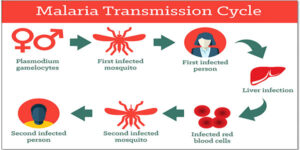 Symptoms of malarial infection include fever and flu-like illnesses, including severe chills, headache, muscle ache, and feeling of tiredness. Nausea, vomiting, and diarrhea may also occur, although not very common. Malaria may cause anemia and jaundice (yellow coloring of the skin and eyes) because of the loss of red blood cells. If not promptly treated, the infection can become severe and may cause kidney failure, seizures, mental confusion, coma, and death.
Symptoms of malarial infection include fever and flu-like illnesses, including severe chills, headache, muscle ache, and feeling of tiredness. Nausea, vomiting, and diarrhea may also occur, although not very common. Malaria may cause anemia and jaundice (yellow coloring of the skin and eyes) because of the loss of red blood cells. If not promptly treated, the infection can become severe and may cause kidney failure, seizures, mental confusion, coma, and death.
Malaria has a characteristic cyclic fever manifestation. Usually, during the monsoon months, when there is a lot of stagnant water accumulated here and there, the cases of malaria increases. This is because, the stagnant water serves as a breeding ground for the mosquitoes. Repeated episodes of fever, usually at the same time intervals, especially during the monsoon months, are primarily suspected to be malaria. To be sure of the diagnosis, your healthcare provider will ask you to get a blood test done.
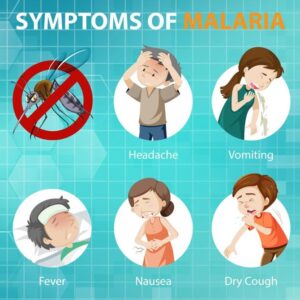
It is very vital that as soon as a diagnosis of malaria is made, you start appropriate treatment. Your doctor will start the management with anti-malarial drugs and maybe antibiotics as well. It is important that proper treatment is administered to avoid any relapse of the disease, which is actually very common.
Although there is no vaccine available for malaria yet, there are a lot of ways by which you can easily prevent the infection. The very basic way would be to not travel to places where malaria is endemic. Use proper mosquito repellent methods. Wearing clothes that don’t expose a lot of skin , like full sleeves tops and full pants. Using drape nets over beds, and setting up screens on windows and doors. By following these simple measures, malaria can be controlled.
Globally, the World Health Organization estimates that in 2020, 241 million clinical cases of malaria occurred, and 627,000 people died of malaria, most of them children in Africa. Because malaria causes so much illness and death, 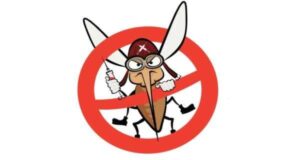 the disease is a great drain on many national economies. Since many countries with malaria are already among the poorer nations, the disease maintains a vicious cycle of disease and poverty.
the disease is a great drain on many national economies. Since many countries with malaria are already among the poorer nations, the disease maintains a vicious cycle of disease and poverty.
-STAY HEALTHY
Dr. Aishwarya Nair




